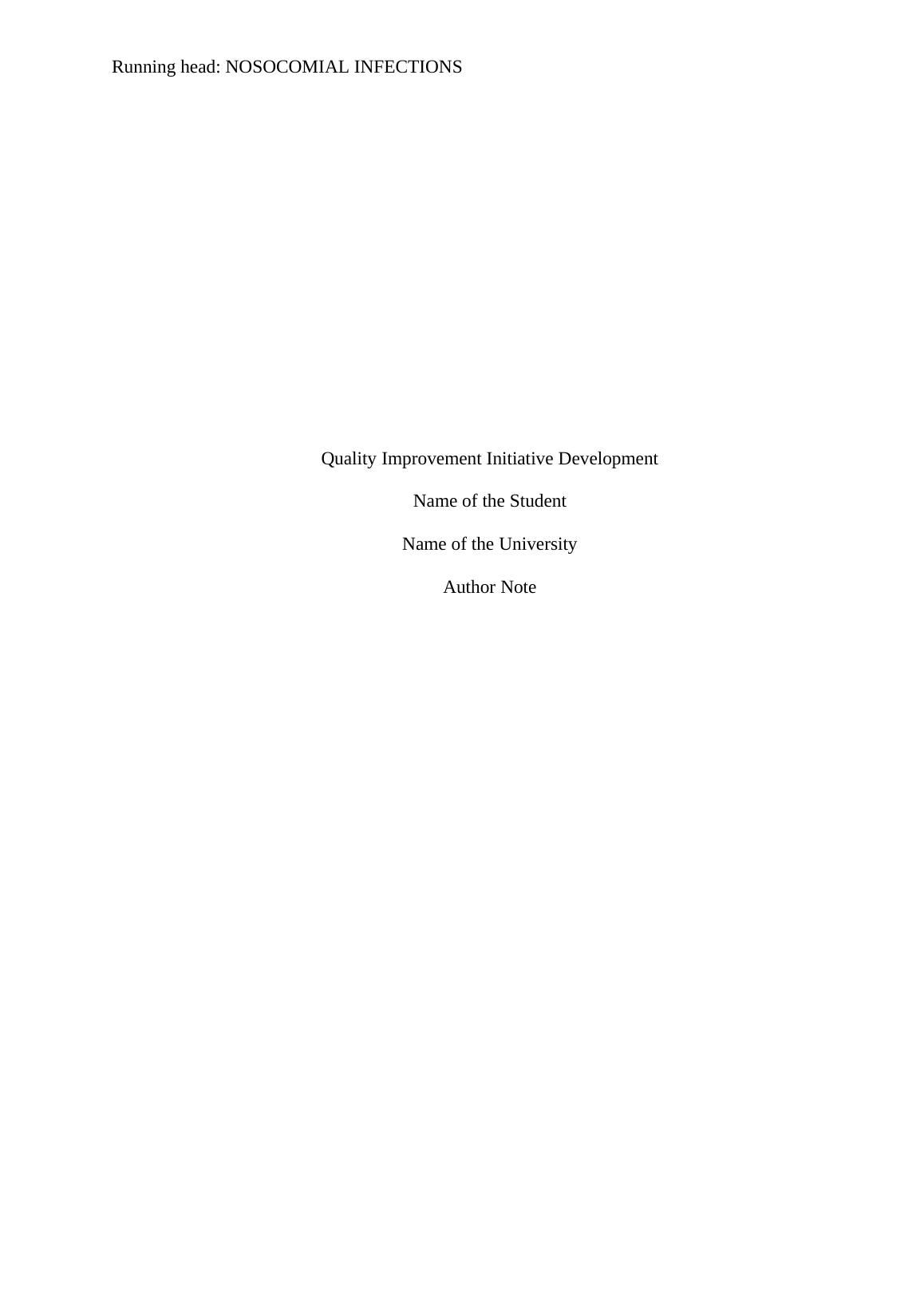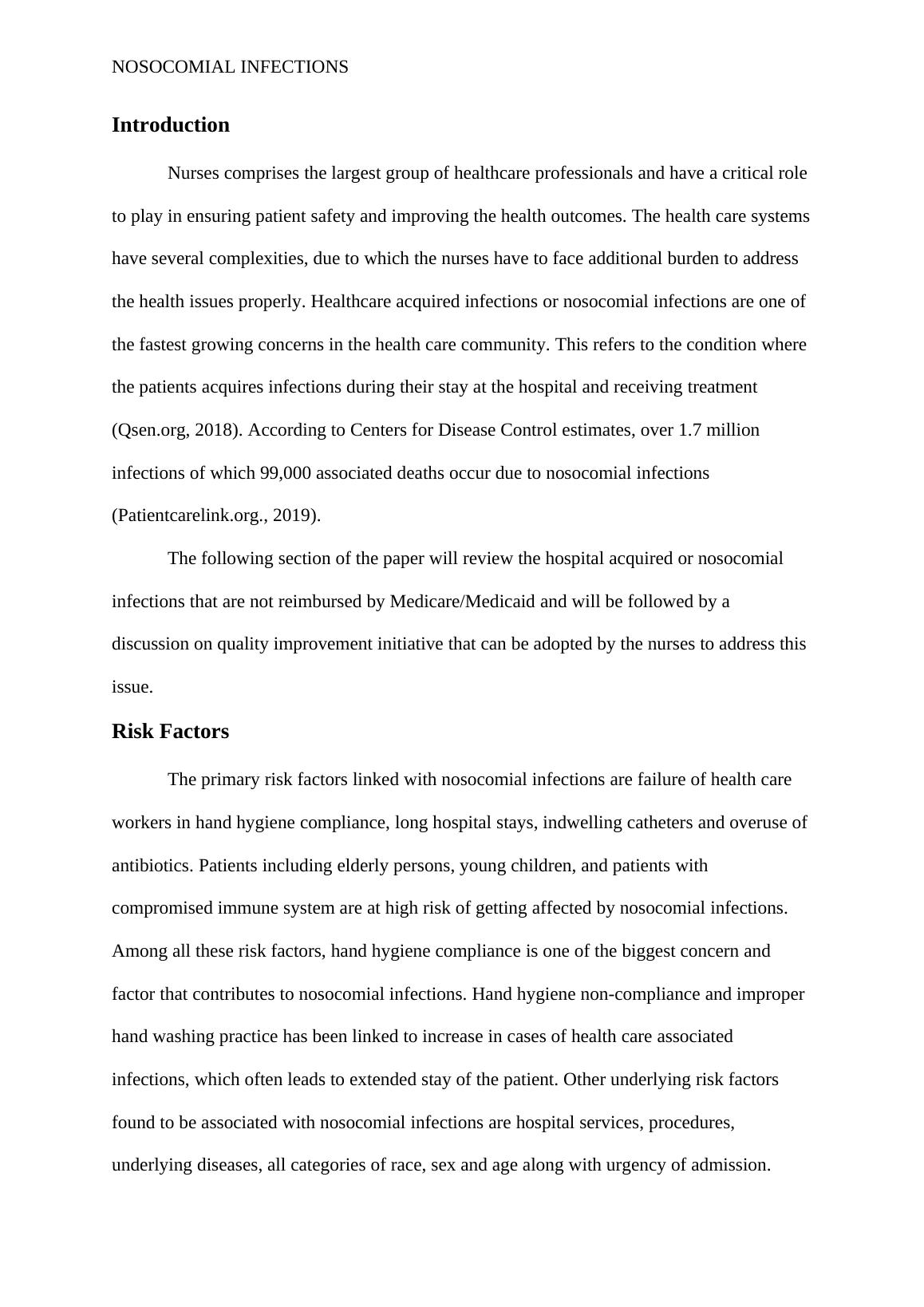According to Miranda Novales
Added on 2022-08-26
5 Pages1204 Words17 Views
End of preview
Want to access all the pages? Upload your documents or become a member.
Nursing Research on Hand Hygiene Compliance and Nosocomial Infections
|8
|2166
|61
Hand Hygiene practices and Prevention
|12
|769
|13
Hand Washing Among Health Care Professionals Case Study 2022
|4
|1075
|33
Systematic Review on the Importance of Hand Hygiene in Infection Control and Reduction of Nosocomial Infections
|20
|4673
|21
Formulating a Clinical Question on Hospital Acquired Infection
|7
|1270
|438
Effect of Handwashing Techniques on Hospital-Acquired Infections
|5
|1074
|1


